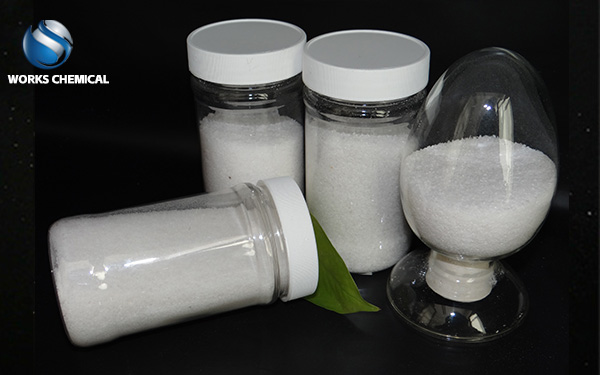
Sludge enhancer plays a crucial role in the sludge treatment process, which achieves the goal of efficient dehydration and cost reduction by improving the dewatering performance of sludge. The following is a detailed disclosure of the sludge synergist:

One. Mechanism of action of sludge synergists
Sludge enhancer mainly acts on the colloidal structure and viscosity of sludge, and achieves efficient dehydration through the following mechanisms:
Damage the colloidal structure of the sludge: the sludge synergist can destroy the colloidal structure of the sludge, so that the sludge particles are easier to separate and dehydrate.
Reduce sludge viscosity: By reducing the viscosity of the sludge, the sludge enhancers help the sludge to more easily remove water in equipment such as filter presses or centrifuges.
Increase sludge solid content: After the use of sludge synergist, the solid particles in the sludge are more likely to gather together, thereby increasing the solid content of the sludge and reducing the water content.
Two. Advantages of sludge synergists
High efficiency dehydration: sludge synergists can significantly improve the dehydration efficiency of sludge, shorten the dehydration time, reduce the running time and energy consumption of dehydration equipment.
Cost reduction and efficiency: Because the sludge synergist can improve the fluidity of the sludge and reduce the wear and blockage of the sludge on the dewatering equipment, the maintenance cost of the equipment can be reduced. At the same time, the water content of the dehydrated sludge is reduced, and the volume is reduced, which is convenient for subsequent transportation, storage and disposal, thus reducing the burden of subsequent treatment.
Wide applicability: sludge enhancer is widely used in the dewatering treatment of sludge in various industries such as living, printing and dyeing, papermaking, electroplating, chemical industry, leather and so on.
Three, the use of sludge synergists
After the use of sludge enhancer, the dewatering effect of sludge was significantly improved. For example, after the introduction of sludge enhishers in a sewage treatment plant, the dehydration efficiency of the sludge was increased by more than 30%, and the water content of the dehydrated mud cake was reduced from the original 80% to less than 60%. This not only improves the sludge treatment efficiency, but also reduces the treatment cost, and brings significant economic benefits to the operation of the sewage treatment plant.
Four, the selection and use of sludge synergists
Select the right sludge enhancer: Select the right sludge enhancer according to the nature of the sludge and treatment requirements. Different sludge synergists have different chemical composition and mechanism of action, so it is necessary to choose according to the specific situation.
Control dosage: The dosage of sludge enhancer should be adjusted according to the nature of the sludge and the performance of the treatment equipment. Too much or too little dosage may affect the treatment effect and economy.
Monitoring treatment effect: In the process of use, the dewatering effect and water content of the sludge should be regularly monitored to ensure the effectiveness of the sludge synergist.
Pay attention to environmental protection requirements: when selecting and using sludge enhancers, relevant environmental regulations and standards should be complied with to ensure that the treated sludge meets environmental protection requirements.
In summary, the sludge synergist achieves the goal of efficient dehydration, cost reduction and efficiency increase by destroying the colloidal structure of sludge, reducing sludge viscosity and increasing sludge solid content. When using sludge enhancer, it is necessary to select the appropriate agent according to the nature of sludge and treatment requirements, and control the dosage, monitor the treatment effect and comply with environmental protection requirements.